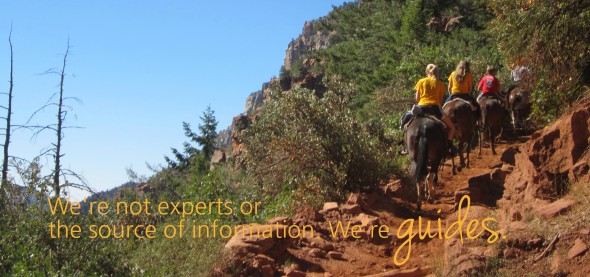
A Shift in Mindset
Back in my Bible teaching days, I continually sought ways to teach students so that the subject matter would stick. I mean really stick—at a level beyond regurgitation. After all, I taught the Bible! And I wanted my high school students not just to come away with facts and knowledge, but an understanding about how biblical truths applied to their lives and could be put into practice.
Take the concept of prayer for instance; after years talking about it, I realized even the brightest of my high school kids could take a test on prayer and give me a bunch of answers about prayer, but they didn’t know how to pray.
If I was really doing my job, I needed to teach them to pray. So, I changed my philosophy and I declared every Friday as a day we would practice prayer.
The first week, we spent the whole 45 minutes finishing the sentence “Lord you are…”
The next week, we sat in silence for 40 minutes and listened for God’s voice.
The week following, we prayed over one another.
I knew that facilitating experiences would lead my students in discovering what prayer was really all about.
Scottish Theologian William Barclay pointed out that “It is only when truth is self-discovered that it is appropriated. When a man is simply told the truth it remains external to him and he can quite easily forget it. When he is led to discover the truth for himself, it becomes an integral part of him and he never forgets it.”
God worked this way with the nation of Israel. Freed from the slavery of Egypt, God knew His children needed to take on a new identity, one consistent in being called His people.
But here’s how He formed them: God marched them into the wilderness where circumstances forced them to lean on God like never before, the consequences of which was their deepened understanding about who He is.
The implications for evangelism are obvious. What if we took the role of facilitators?
I’ve often wondered how we have come to believe that the way to accomplish the Great Commission is through argument or unsolicited gospel presentations. When or how did we also come to believe that converting, convicting or convincing is our job?
Clearly, one of the most effective ways we can participate in the Great Commission is by becoming facilitators, persons who intentionally create openings—conversations and experiences with those we walk alongside—in which they can process and discover what they believe about God.
To do so, we need to shift our mindset: We’re not experts or the source of information; we’re guides. We’re not the focus, our learner is. By facilitating, we complement what’s been taught, helping people focus on truth long enough to process and gain understanding.
Are you willing to trust that the Holy Spirit will join you as you do so? How willing are you to facilitate, not control?
Jeffrey Klein
Q Place Acting National Church Partnership Director

Very insightful. .. thank you for sharing
Jeff, you and Pamela are great facilitators. You are a good teacher and I learn much when I listen to you and pray I can become a guide or listener too. Learning to step out of my comfort zone is challenging at my age, but I know with God’s help I can at least try. Keep on teaching and facilitating!! Love you…mom